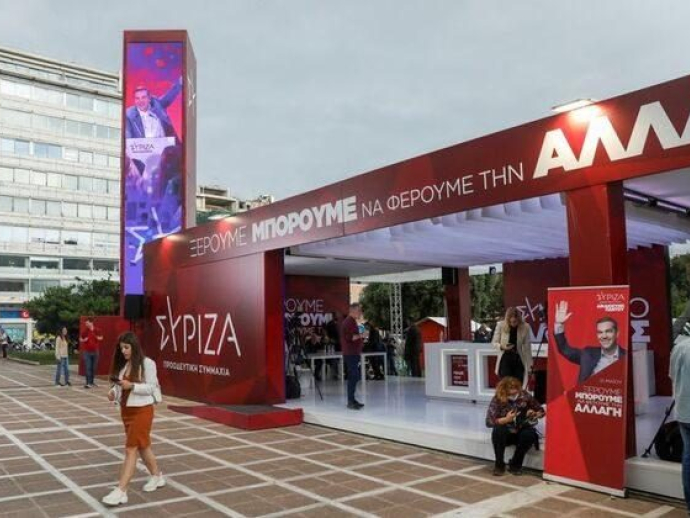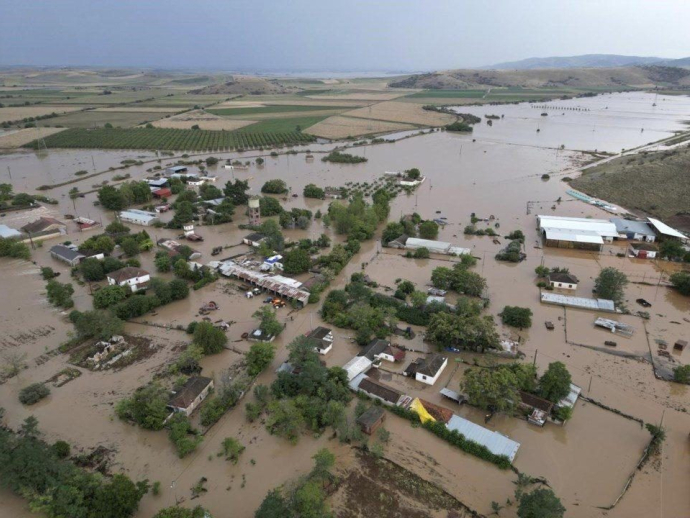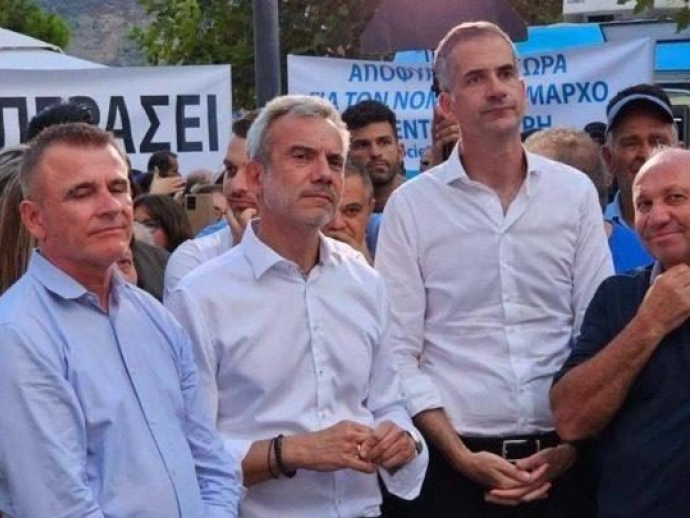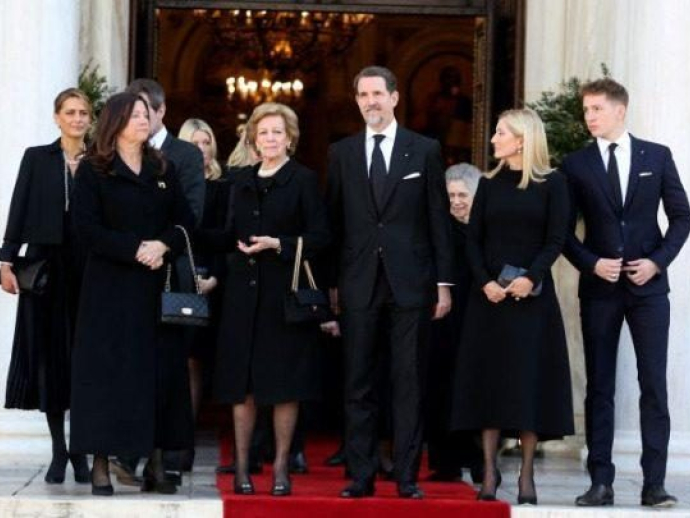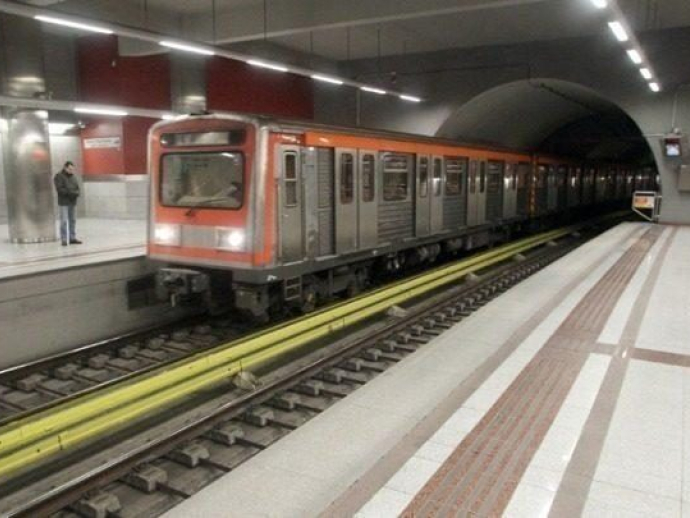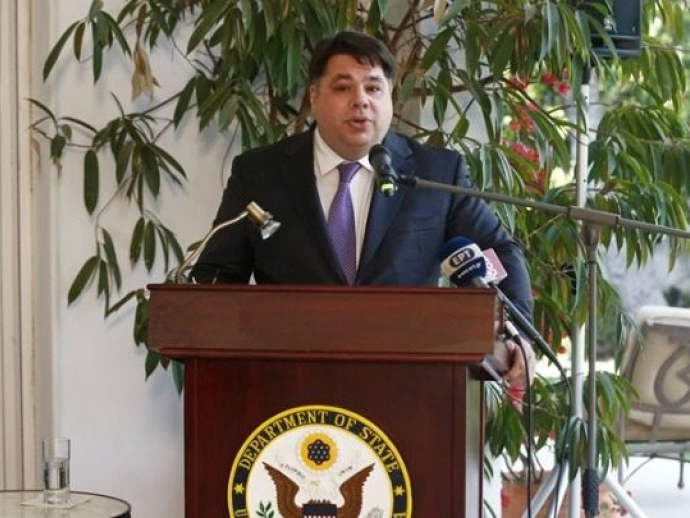"Apollo" Program: How the Energy Offset Program will work
This is the largest energy offset program with green energy in the country, the goal of which is for Renewable Energy Sources to have an even stronger, positive, social footprint.
Through the installation of new RES stations and the implementation of virtual netting with synchronization, "Apollon" contributes to:
to support energy-vulnerable households and specifically to the beneficiaries of Social Tariff A, i.e. households with an annual income of less than 5,400 euros, covering 90% of their energy consumption and
in the reduction of energy costs for OTAs of the first and second grade, DEYA and GOEB/TOEB, covering 50% of their consumption.
How will "Apollo" be implemented
The development of RES stations is to be carried out through competitive tenders throughout the territory, which will be addressed to RES projects that have secured connection conditions to the System and their generated energy will be offset by virtual simultaneous offset with the required consumption of the beneficiaries.
In absolute numbers, this means that more than 1 GW of RES projects are "unfrozen", and a new market outlet is given to producers, which will lead to further market stimulation and new jobs, which underlines the development orientation of program.
For the purposes of the program, the Energy Communities model will be utilized and a Citizens' Energy Community will be established in each Region, in which the respective OTAs, GOEB-TOEB, DEYA will participate and vulnerable households will be gathered.
All consumption benefits will be collected, which will be offset and the specific consumption profiles will be studied, in order to determine the energy needs that should be covered by the RES stations.
Following this, competitive procedures will be carried out for each Region, in which the interested RES stations will participate and offer a financial offer (€/MWh) for the specific amount of energy that will be required to be covered.
The stations participating in the tenders will be mature projects that have a definitive connection offer - ie reserved electrical space - and expect to receive a compensation price to implement.
The RES stations that will be selected will be compensated for the energy they produce and offset against the consumption of the beneficiaries for a period of 20 years.
The installation location of the RES stations that will participate in the program and possibly be selected is independent of the Region to which the Energy Community belongs and the consumptions will be offset.
Implementation schedule and stages
The Program is designed in three implementation phases:
The 1st phase, where the necessary legal entities per Region should be established, the energy needs of the beneficiaries and the specific consumption profiles should be studied and the required RES projects and the energy for netting and virtual synchronization, which will be requested, should be dimensioned.
This specific process - because it is quite time-consuming, to gather all the members and all the benefits, and then to study them, to bring a tangible result - will be assigned to external consultants, who will support the OTAs and deliver for the 13 Regions - 13 Citizens' Energy Communities and 13 studies with specific needs for green energy.
The 2nd phase, where based on the studies that will be delivered per Energy Community, the relevant tenders will be announced for the selection of contractors - that is, the RES projects, which will cover with their energy the energy needs of the Energy Communities.
And the 3rd phase, where is the construction and electrification of the projects. Here, the contractors - apart from the construction of the RES projects - are required to be responsible for the management of the energy produced and the energy offsetting of the beneficiaries' consumption.
The implementation of all three phases up to and including the operation of all projects to cover all Regions - as long as it is technically possible - is estimated in 36 months from today.





























































































































































































































































































































































































































































